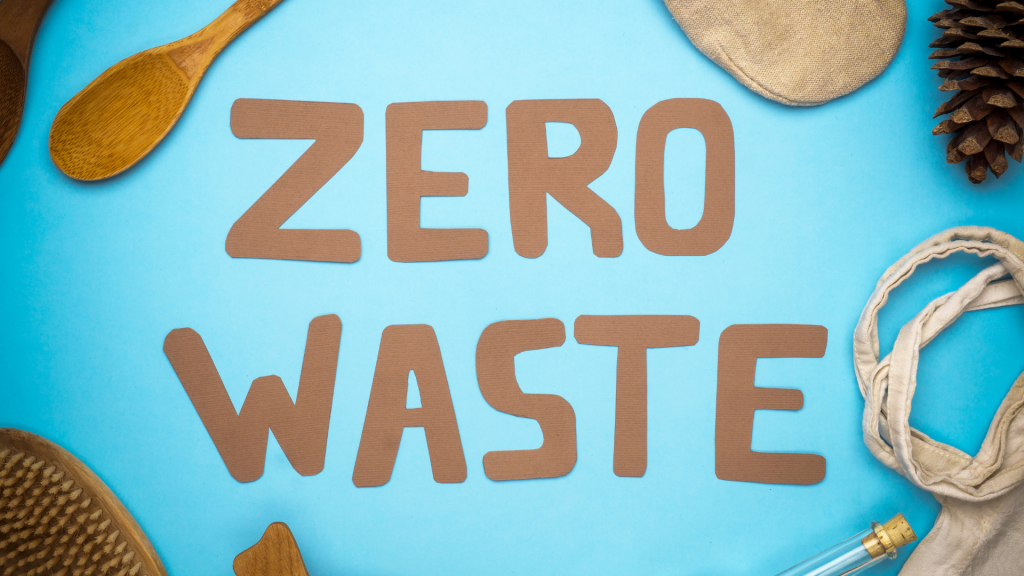What Heat Can Do to the Body
When most people think about heat, they think about hot weather. And while summer is definitely the hottest season of the year, the winter months are actually when heat waves are more common since they occur more often on sunny days.
Global warming is another big reason, which is responsible for such extreme temperatures these days. So, what heat can do to the body when we talk about high outdoor temperatures?
Your body has a lot of requirements. First, it needs energy, and to do that; it needs fuel. This means it needs food. Second, your body needs water, and it needs it to survive. Third, your body needs oxygen, and it needs it to stay healthy. Last but not least, your body needs heat. When you go outside without your jacket or even if you are indoors, your body needs to warm itself up. It would be hard to survive if it didn’t have this need.
When you sit in the sun, the rays penetrate your skin and warm up the cells. This sudden increase in temperature causes your blood vessels to dilate, which increases blood flow to your skin. The increased blood flow results in warmth being transferred to your cooler surroundings, which is why the sun feels good. So, while the sun can be beneficial to your health, too much exposure to the sun can be dangerous.
Sweating
The human body regulates temperature by sweating and by shivering. Sweating is the most effective way to cool down the body. Sweating works in two ways. First, heat is released into the air through the pores of the skin. Second, sweat cools down the surrounding parts of the body by evaporation. The evaporation of sweat from the skin cools the skin.
Heat Exhaustion
Heat exhaustion is an uncomfortable and sometimes dangerous condition that happens when you overwork your body. It can strike when you work too hard or exercise too long in extreme heat.
Heatstroke. Heatstroke happens when your core body temperature rises too high. Your body has mechanisms that kick in when your core temperature climbs too high, but without proper hydration, you risk heatstroke. It can be mild, moderate, or severe, depending on how quickly the temperature rises and to what degree.
Dehydration
Heat and dehydration are a deadly combination. Dehydration, which occurs when you lose more water than you take in, is dangerous and can result in heatstroke or a heat-related illness. While few people are in danger of dehydration, you are at risk of becoming dehydrated if you are on a hot, humid day or exercising outside.
Heat Rash
Heat rash, also known as prickly heat, is a common occurrence in the summer months, and it’s caused by sweat from rubbing against the sensitive skin of your body. It stems from your body producing too much oil, causing your pores to get clogged. The pores can’t cool down when blocked, leading to a heat rash.
Sunburn
Everybody, at some point in their childhood, has had a nasty sunburn, so it’s safe to say that sunburns are an inevitable part of summer. But did you know that sunburns can take a toll on the body long after a burn fades?
Fainting
We’ve all heard that too much heat can be dangerous, and that’s true. But heat can also be dangerous if not used appropriately. In the case of heat causing fainting, heat – in this case, a sudden increase in temperature – can cause a sudden loss of consciousness. The increased temperature causes increased blood flow to the body’s core, making it more difficult for the blood to circulate. This can cause the blood vessels to swell, which forces the body to spasm. A spasm can cause the heart to stop beating.
Heat Edema
Heat edema is swelling caused by excessive heat. When the body is exposed to extreme heat, the blood vessels cause dilation, allowing the fluid to collect under the skin. The fluid contains salts and water and expands into the affected area.
Higher Heart Rate
Heat doesn’t just affect our bodies, however. It can affect our hearts, too. Our hearts are designed to pump blood through our bodies. If the heart cannot pump blood fast enough, it will start to hurt. The faster your heart beats, the hotter your blood gets.
Many of us don’t give much thought to the heat. After all, it doesn’t exactly seem like something to worry about. But heat is actually a bigger health risk than many people think.



